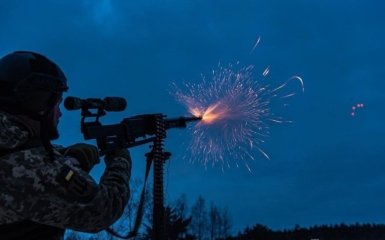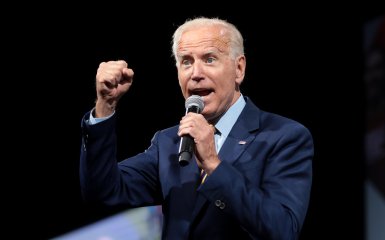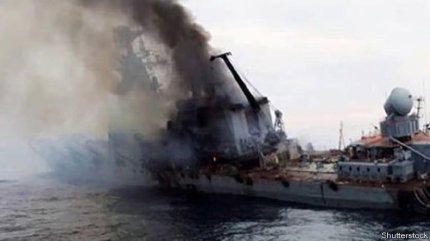On August 13, the Russians attacked Ukraine with 2 Iskander-M/KN-23 ballistic missiles and 38 Shahed type UAVs. The Air Force of the Armed Forces shot down 30 drones.
Points of attention
- The Russian attack on Ukraine on August 13 included 2 ballistic missiles and 38 attack drones.
- As a result of the attack on August 11 in Kyiv region, a father and son were killed, three more people were injured, including a 12-year-old boy.
- The President of Ukraine, Volodymyr Zelenskyi, expressed his condolences to the relatives and friends of the victims.
- According to preliminary information, the Russians used a North Korean missile during the attack on Ukraine.
The Air Force revealed the details of the Russian attack on Ukraine
As the commander of the Air Forces of the Ukrainian Armed Forces, Lieutenant General Mykola Oleschuk, reported, in general, during the air attack on the night of August 13, the occupiers launched over Ukraine:
2 Iskander-M/KN-23 ballistic missiles (from the Voronezh region of the Russian Federation) and 38 attack drones (from the Primorsko-Akhtarsk and Kursk regions of Russia).
Air defense forces shot down 30 Shaheds in the Mykolaiv, Vinnytsia, Sumy, Kirovohrad, Kherson, Chernihiv, Dnipropetrovsk and Cherkasy regions.
Mobile fire groups, aviation, anti-aircraft missile units, electronic warfare equipment were involved in repelling the enemy air attack.
The attack of the Russian Federation on Ukraine on August 11
On the night of August 11, Russia attacked Ukraine with ballistic missiles and groups of attack drones.
Explosions were heard in Kyiv, Poltava community, Khmelnytskyi region and Bila Tserkva of Kyiv region.
There are victims in the Kyiv region as a result of the Russian attack. It is known that fragments of a North Korean missile fell on private houses in Brovary district. A 35-year-old man and his four-year-old son died.
Also, three people were injured - a 45-year-old man, a 53-year-old woman and a 12-year-old boy. They were hospitalized.
The President of Ukraine, Volodymyr Zelenskyi, reacted to the tragedy in the Kyiv region.
Unfortunately, a father and a young son were killed that night in the Kyiv region due to a Russian strike - the child was four years old. My condolences to family and friends. Three more people were injured, including a 12-year-old boy, Volodymyr Zelenskyi said.
According to preliminary information, as the president noted, the Russians fired a North Korean missile.












